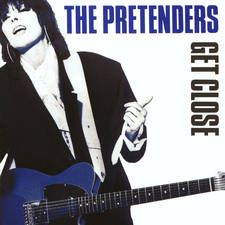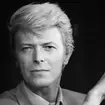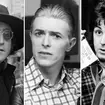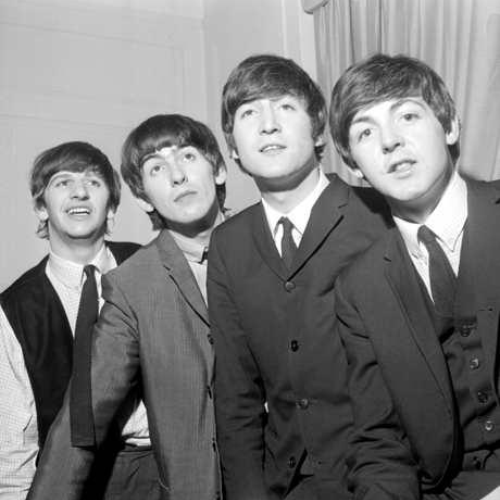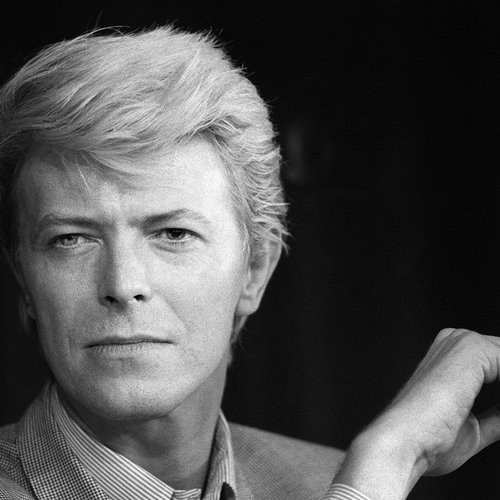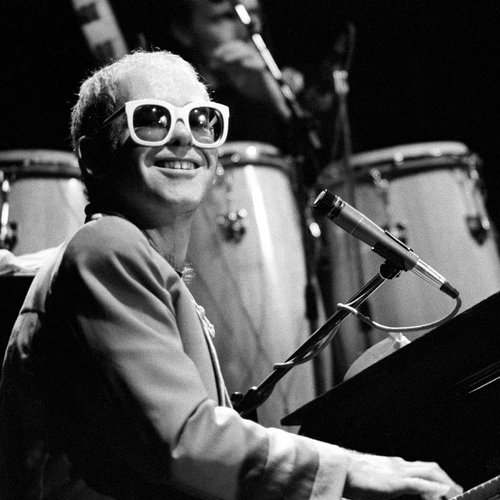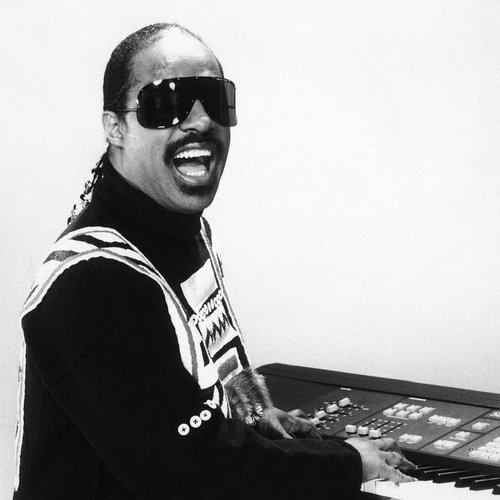How the Bee Gees inspired David Bowie’s breakthrough hit ‘Space Oddity’
7 June 2023, 13:28 | Updated: 13 June 2023, 12:56
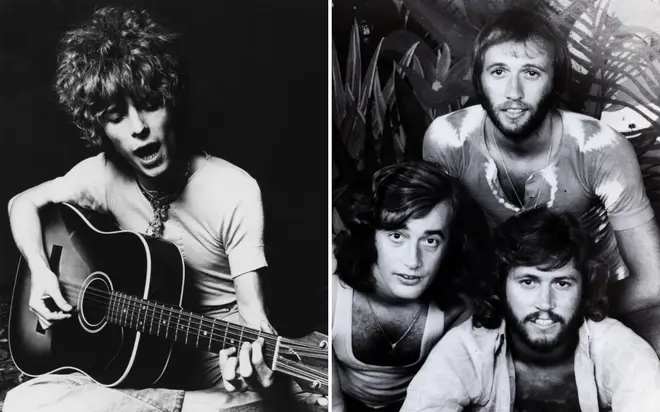
Listen to this article
We all have our favourite era of David Bowie.
Whether it's the outlandish extra-terrestrial stylings of Ziggy Stardust, the monochrome seriousness of The Thin White Duke, or the bouffant bubblegum pop star persona he embodied in the 1980s.
But whichever character or genre David Bowie conjured up is your go-to, we can all agree that he was always visually striking.
Before he found fame and acclaim with the advent of glam rock, it took some time for the young artist to find his niche.
His debut album was a huge flop, and despite having bashed at the door of success for a few years prior, Bowie very nearly packed it in.
- Remembering Marc Bolan's duet with David Bowie in final performance before his tragic death only days later
- David Bowie's lightning bolt logo: Who designed the pop legend's iconic symbol?
- When the Bee Gees' impeccably performed a medley of The Beatles songs on a TV special
- The strange story of when Robin Gibb quit the Bee Gees and they released an album without him
David's then-manager Kenneth Pitt suggested making a promotional film to expose him to a wider audience, which later became Love You Till Tuesday.
For the short film, David would end up writing 'Space Oddity' which later became his breakthrough song and his first charting-topping hit in the UK and the US.
The inspiration behind his lavish intergalactic ballad came from an unlikely source: it was partly inspired by the Bee Gees.

David Bowie | Love You Till Tuesday Trailer
Even his long-time collaborator and jazz guitarist John ‘Hutch’ Hutchinson felt Bowie had lifted inspiration from the folk trio.
"'Space Oddity' was a Bee Gees-type song. David knew it, and he said so at the time, the way he sang it, it’s a Bee Gees thing."
T. Rex's frontman and later David's glam rock rival Marc Bolan also mirrored the sentiment in a later interview.
"I remember David playing me ‘Space Oddity’ in his room and I loved it and he said he needed a sound like the Bee Gees, who were very big then" he recalled.

After seeing Stanley Kubrick's ground-breaking masterpiece 2001: A Space Odyssey, David used the theme of isolation in outer space as the theme for the song's lyrics - 'Space Oddity' is a riff on the film's title you may've guessed.
At the time, 'Space Oddity' was the most intricate and comprehensive song David had written, and took a completely different path to his previous work.
The Bee Gees were arguably the biggest folk group in the country during the late 1960s, and were experts in creating complex songs that seemed effortless, and Bowie wanted 'Space Oddity' to have a similar feel.
The Gibb brothers used their lyrical prowess and unique harmonisation to write some of the era's most memorable psychedelic folk hits, and they inspired David to transform the simple guitar song into a far more grandiose composition.


David Bowie - Space Oddity
With the help of producer Gus Dudgeon, 'Space Oddity' transformed into an intergalactic epic which spawned one of Bowie's most enduring lyrical creations: Major Tom.
He'd later revisit Major Tom in three subsequent hits: 1980's 'Ashes To Ashes', 1995's 'Hallo Spaceboy', and his spectacular epitaph 'Blackstar'.
'Space Oddity' would prove to be his breakthrough song, which saw him pick up the coveted Ivor Novello Award in 1969, and became a huge transatlantic hit several years later having been re-released after his Ziggy Stardust fame.
David Bowie was a chameleonic musician who cherry-picked influences from all facets of music, art, and history, so it's no surprise how the Bee Gees would influence his work somewhere along the line.
- David Bowie's producer Tony Visconti says Harry Styles is "not worthy of shining his shoes"
- 'Under Pressure' by Queen & David Bowie: The making of the ultimate rock duet
- Apollo 11 at 50: A history of David Bowie's Major Tom character
- QUIZ: How well do you know David Bowie's lyrics?
Although Led Zeppelin guitarist Jimmy Page later disputed the origins of Bowie's song, claiming to have invented the chord progression himself.
Talking to Uncut magazine in 2008, Page said: "I played on his records, did you know that? His very early records when he was Davy Jones & The Lower Third. The Shel Talmy records."
"I can think of two individual sessions that I did with him. He said in some interview that on one of those sessions I showed him these chords, which he used in 'Space Oddity' - but he said, 'Don't tell Jim, he might sue me.' Ha ha!".
